During the TALES 10th anniversary Bash October of 2020, hosted by The Pale Men, McQuaid and Fessenden, longtime TALES thespian and man of letters John Speredakos insisted on reading Edgar Allan Poe’s The Masque of the Red Death. But, pressed for time, we only let him read excerpts, promising to properly pay homage to Poe in another setting. When John suggested a sax and vocal reading of Poe as a stand-alone recording (“Sax of the Red Death”), the idea of TALES FROM BEYOND THE PALE “readings” was born: unabridged readings of literature with a musical accompaniment.
John Speredakos (selection and reader)
Halloween and Poe. The two have become inseparable. I grew up adoring the language of Master Poe, the extraordinary and unique vocabulary that sent chills and shudders regardless of whatever he was describing. It was the WAY he described it- somehow familiar and exotic at once, redolent of all matters of the crypt, of the ghastly, of the macabre. And his poetry! My God, his poetry. And not just in The Raven, Annabel Lee, The Bells, The Conqueror Worm, To Helen, but woven throughout his prose like a snake through Medusa’s hair. The opening lines of The Fall of the House of Usher are as evocative a piece of poetry as anything written in the 19th century. The reader is caught up in the cadence without even realizing it, and hopelessly compelled to read on and share this mad journey into Roderick Usher’s bizarre world. But unlike in The Cask of Amontillado and The Tell-Tale Heart your narrator, your guide- your only link to sanity and stability- is NOT insane. He provides a witness, a window through which to view the madness, and it’s even more horrendous given the seeming normalcy of our guide. The contrast shows the madness more acutely.
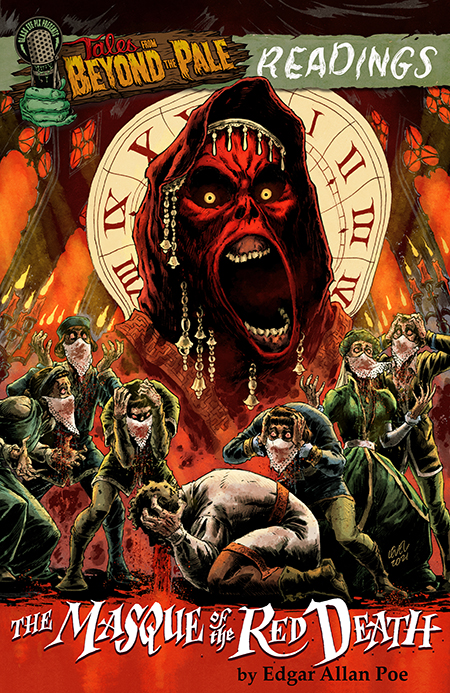
Which brings us to The Masque of the Red Death. Poe’s shortest gothic Tale, it manages to pack an unforgettable punch through the sheer narrative drive and transcendent power of his imagination. Very little actually occurs in the tale. A plague ravages the countryside, The Duke Prospero invites his minions to a formal masque; they are locked inside. There is exactly one line of spoken dialogue. And the castellated abbey he describes in such detail sets the stage for a scene of shocking horror. But WHERE it occurs, HOW it occurs and the gripping inevitability of its unfolding, are etched with such glorious specificity that the story lodges in the deepest recesses of the psyche. If ever a Tale begged to be read aloud it is this one. To let Poe’s language wash over you and seep inside is to be in the grip of a true master.
The Masque of the Red Death has been filmed and recorded many times of course, most famously in the Roger Corman/Vincent Price collaboration. But I’d never heard it relayed with a saxophone accompaniment. It struck me as a potentially powerful device, as the sax is capable of deep, sonorous tones, and jangly, cacophonous, abrasive, discordant bleatings. Just the range the Tale needed. When the clock strikes out and the revelers are forced to stop and reflect before resuming their gaieties, the sax could provide the necessary punctuation. As Clarence Clemons remains unavailable, a sax player needed to be engaged. Enter Mr. Larry Fessenden. Larry’s sax has been used sparingly in prior Tales, I thought this might be a perfect venue for more exploration: language and music winding together to create a soundscape that would expand the impact of the reading, and underscore the drama.
And a final word about the relevancy of Masque. Given what we’ve all endured in the last year, it’s shocking to realize this was written 179 years ago. Poe’s world was shaped quite literally by blood- his Mother, step-Mother, brother and wife all died at young ages from, essentially, consumption. The redness of blood he alludes to in the opening of Masque was a color he was familiar with from birth, it stained him in a way most of us can’t appreciate. Until now. Now we’ve been reminded again that our mortality and our frivolity go hand in hand. The Red Death is still out there, waiting to crash the party. We ignore it at our peril. And our Prince Prosperos would be wise to recognize the fact, and prepare.
Enjoy the genius of Poe, and the double-edged joys of Halloween.
Larry Fessenden (saxes and percussion)
I played the score by recording while listening to John’s reading. I had no preconceived idea and once I found a pattern I might double it, often without listening to the original line: I wanted a dissonant off kilter sound. I have always been inspire by Michael Nyman’s use of saxophones in a more orchestral setting as he did in several scores for Peter Greenaway’s movies. More recently I have enjoyed listening to Colin Stetson, who Glenn McQuaid had alerted me to some years ago; imagine my delight when I heard Stetson on the Hereditary score. Throughout my process I hoped to create space for the words to resonate while still building a sonic nightmare to enhance the text. Success is in the ears of the listener. Happy Spooktober.
poster by Brian Level

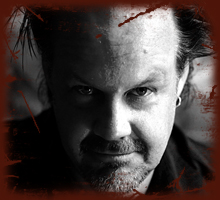
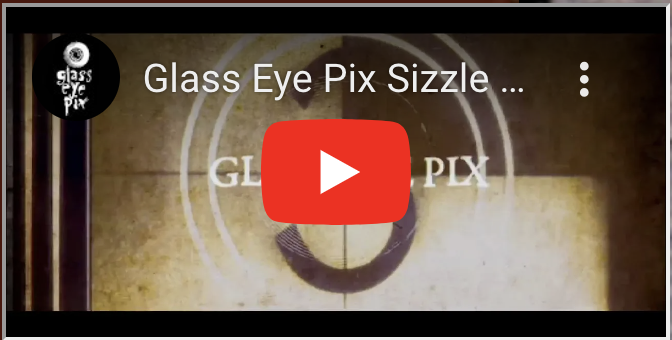
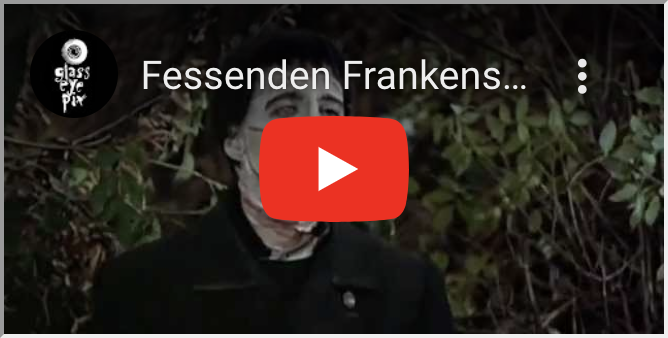
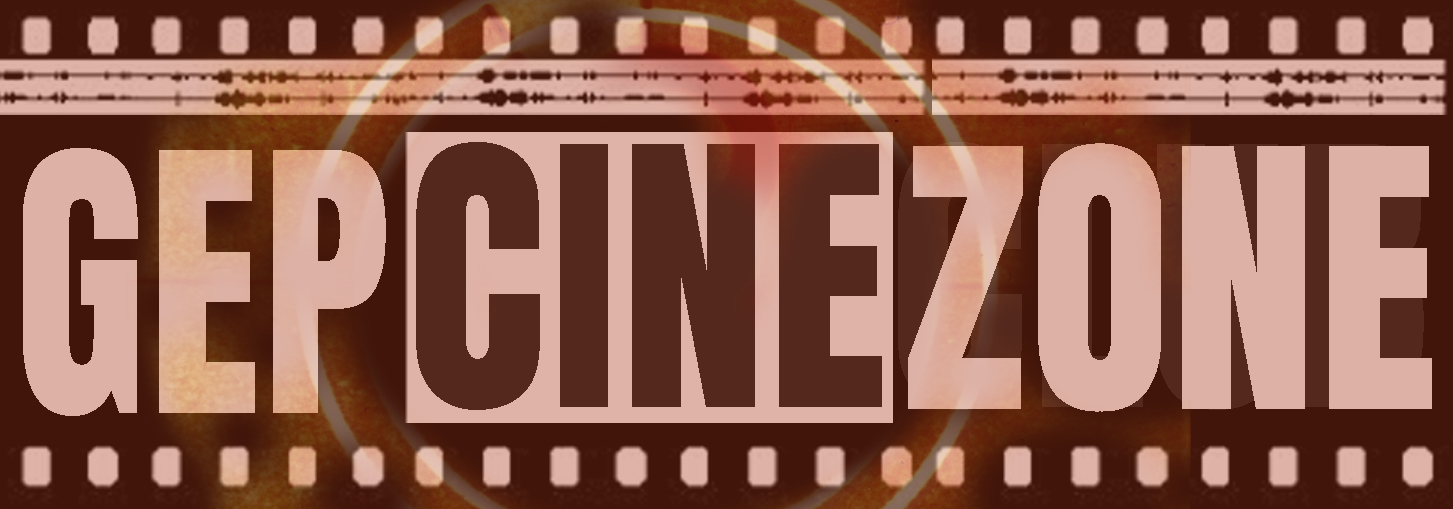



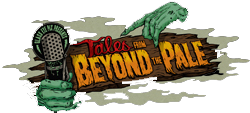
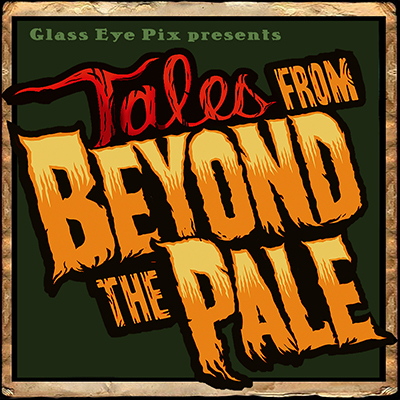
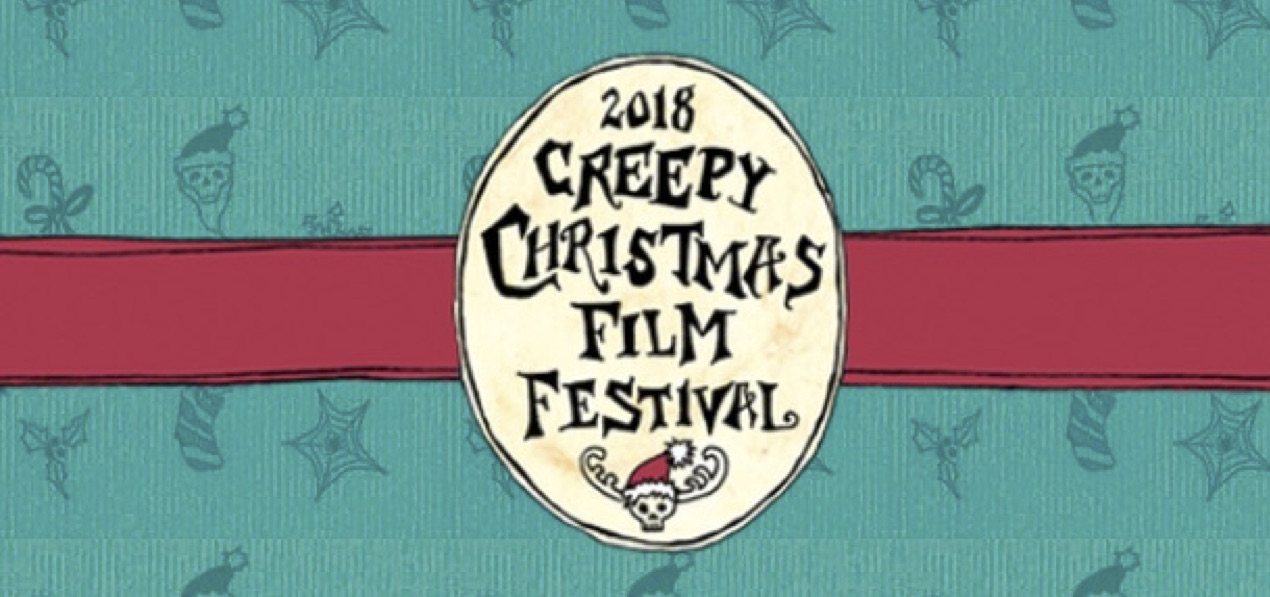
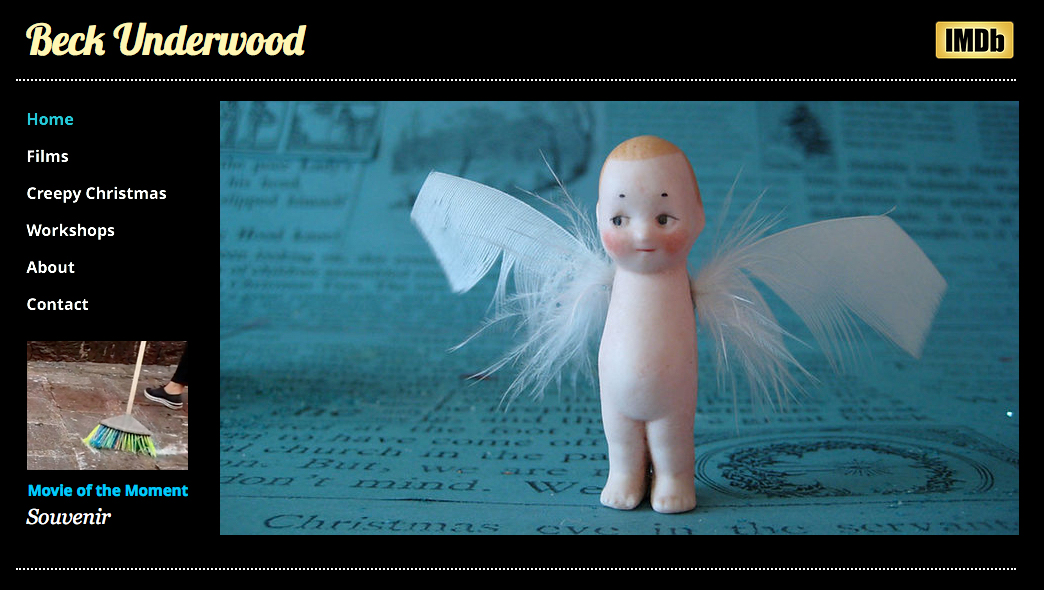
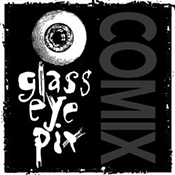





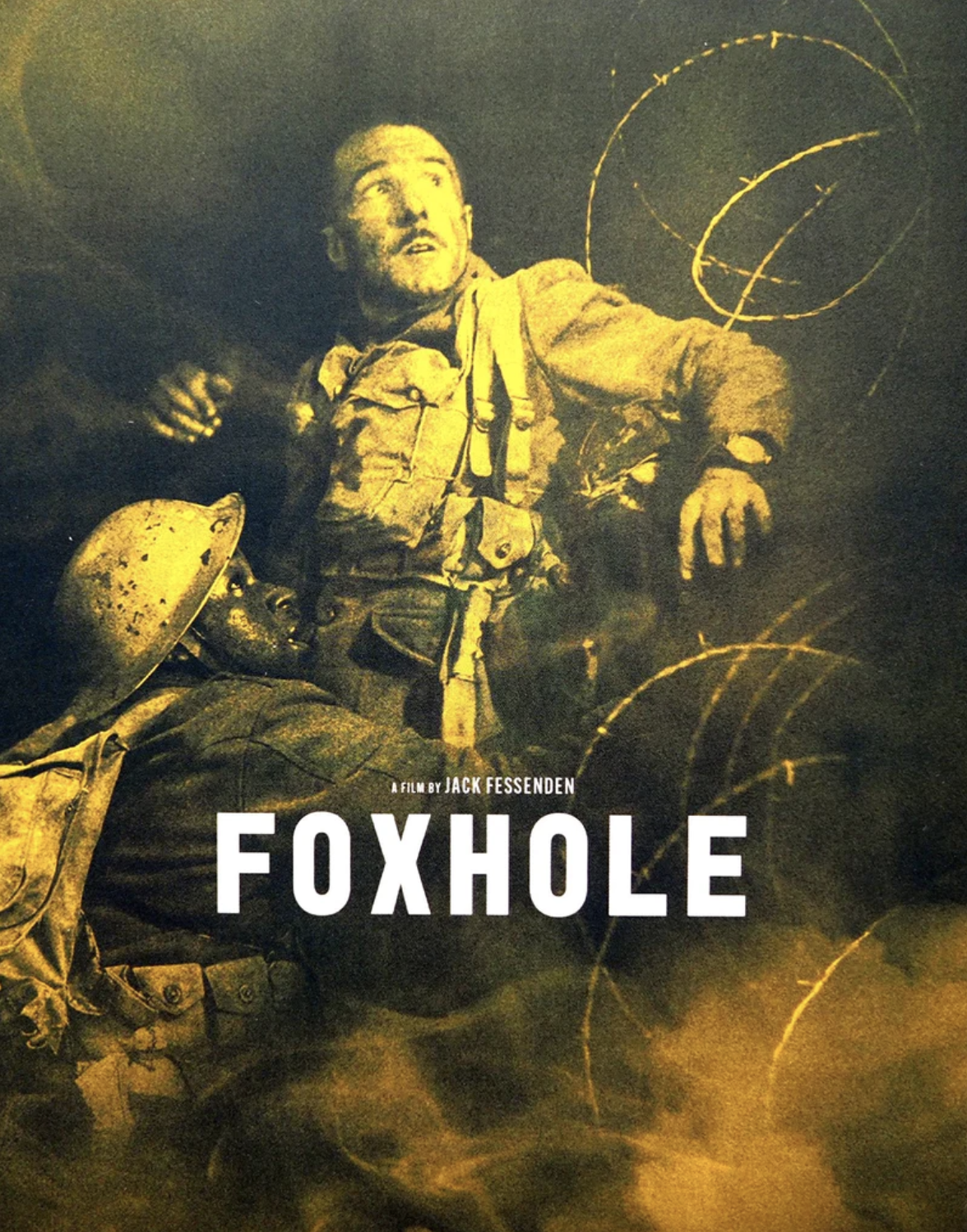
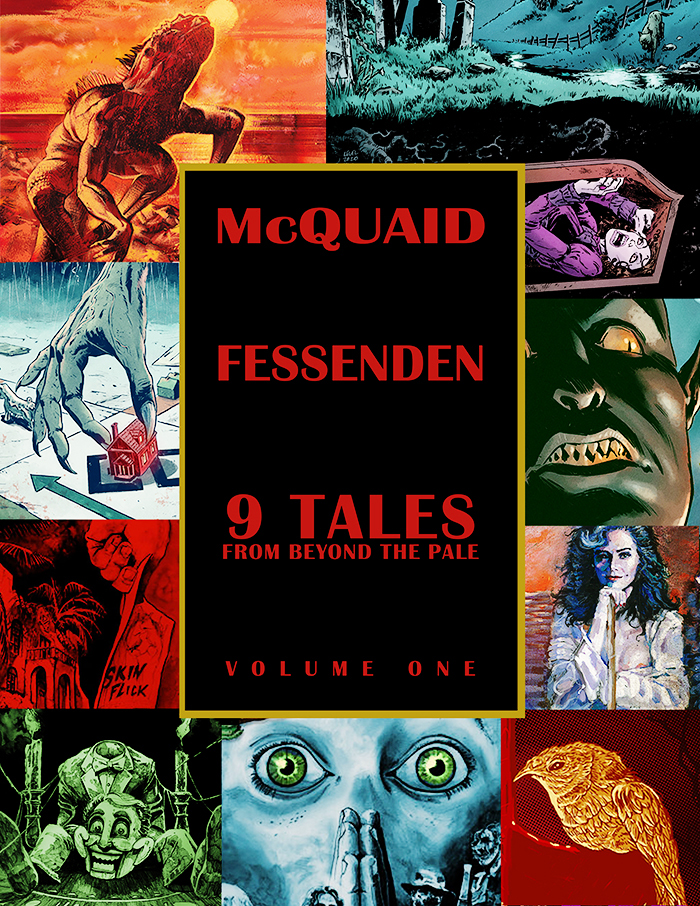
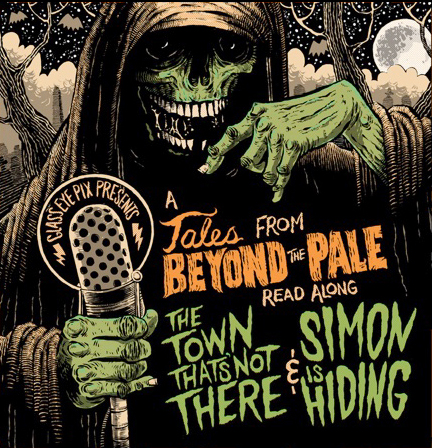
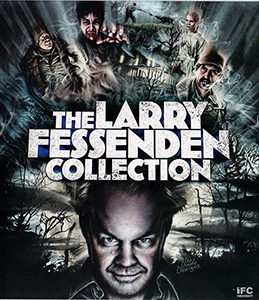
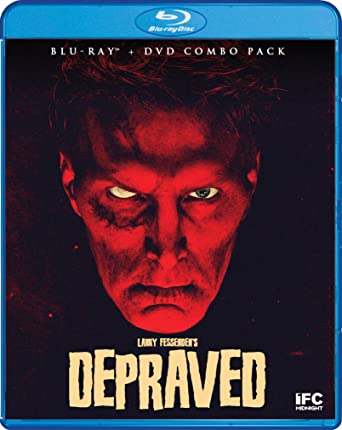
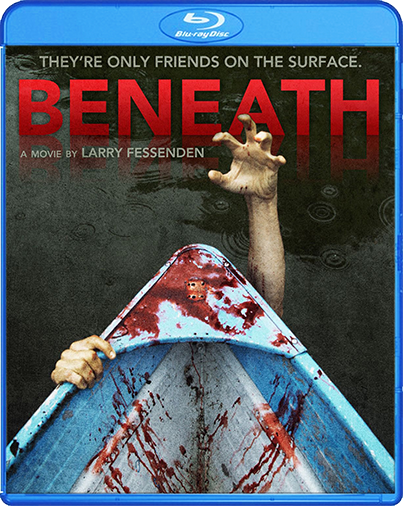
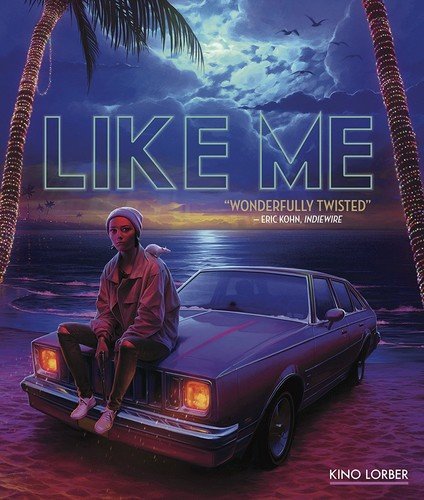

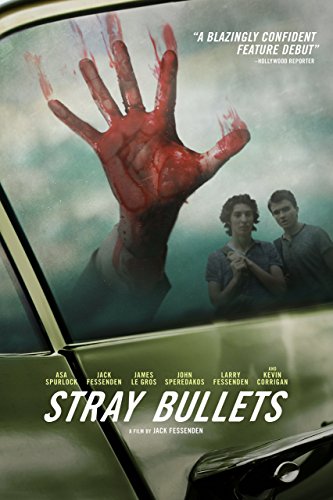
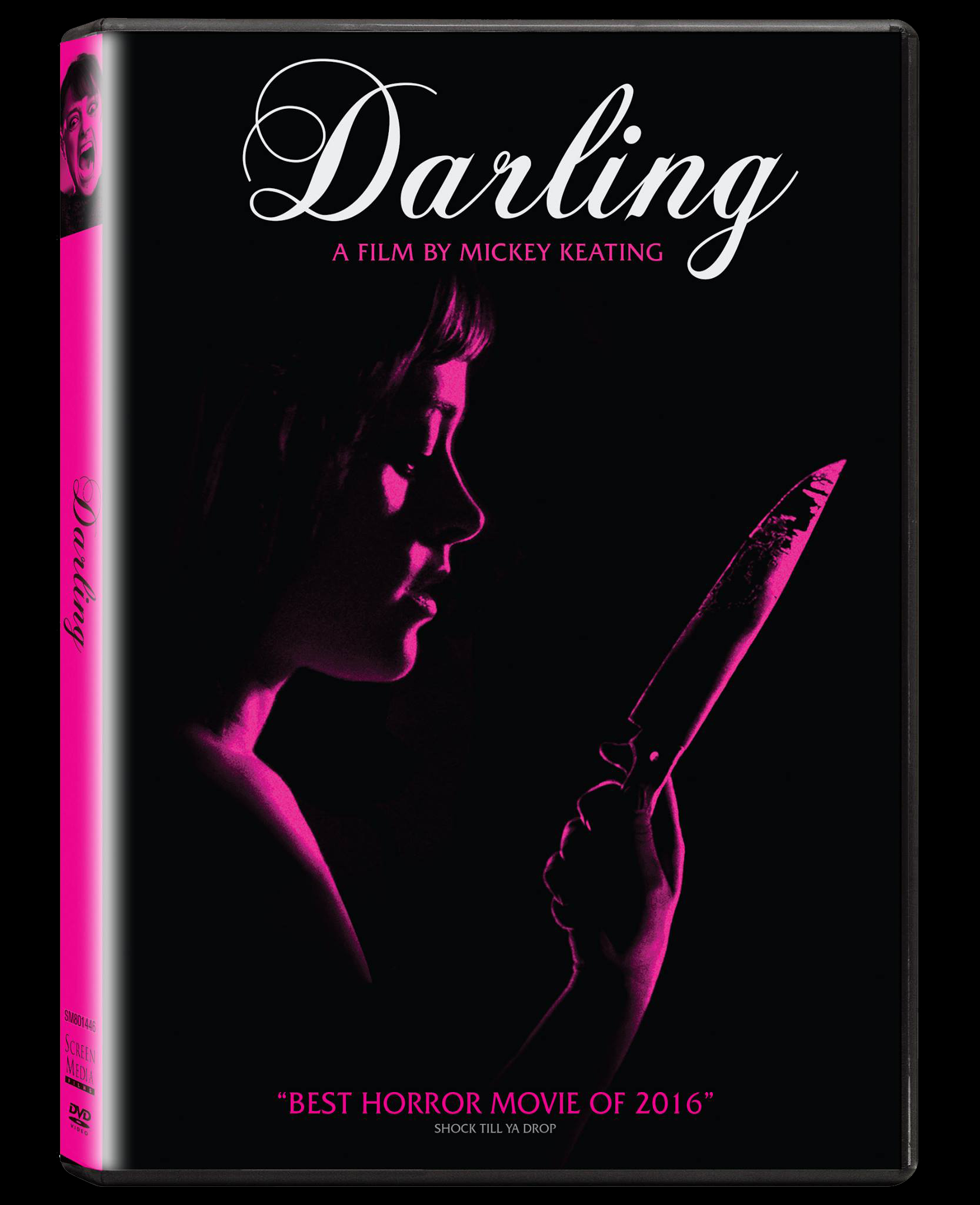
Add a comment